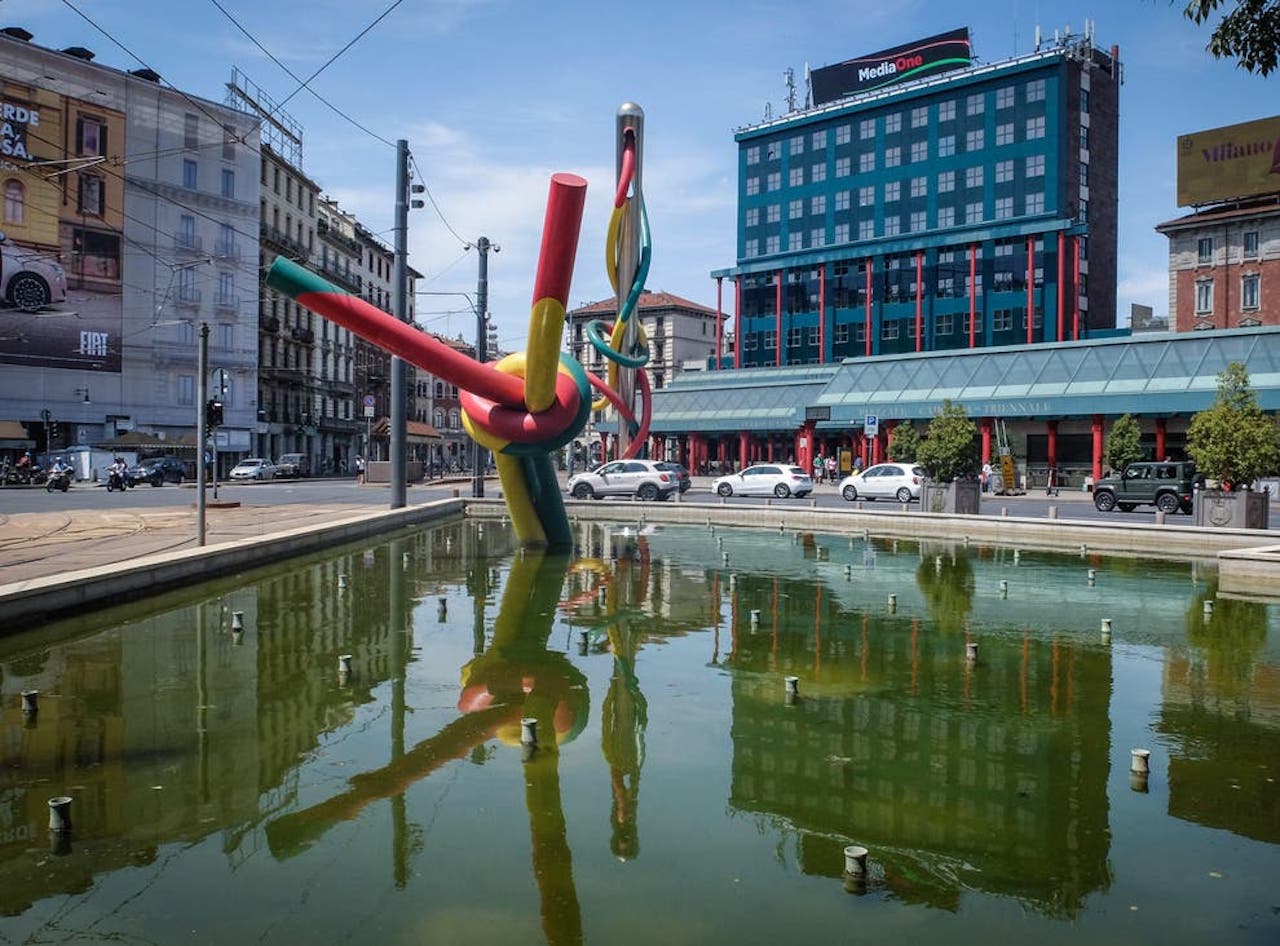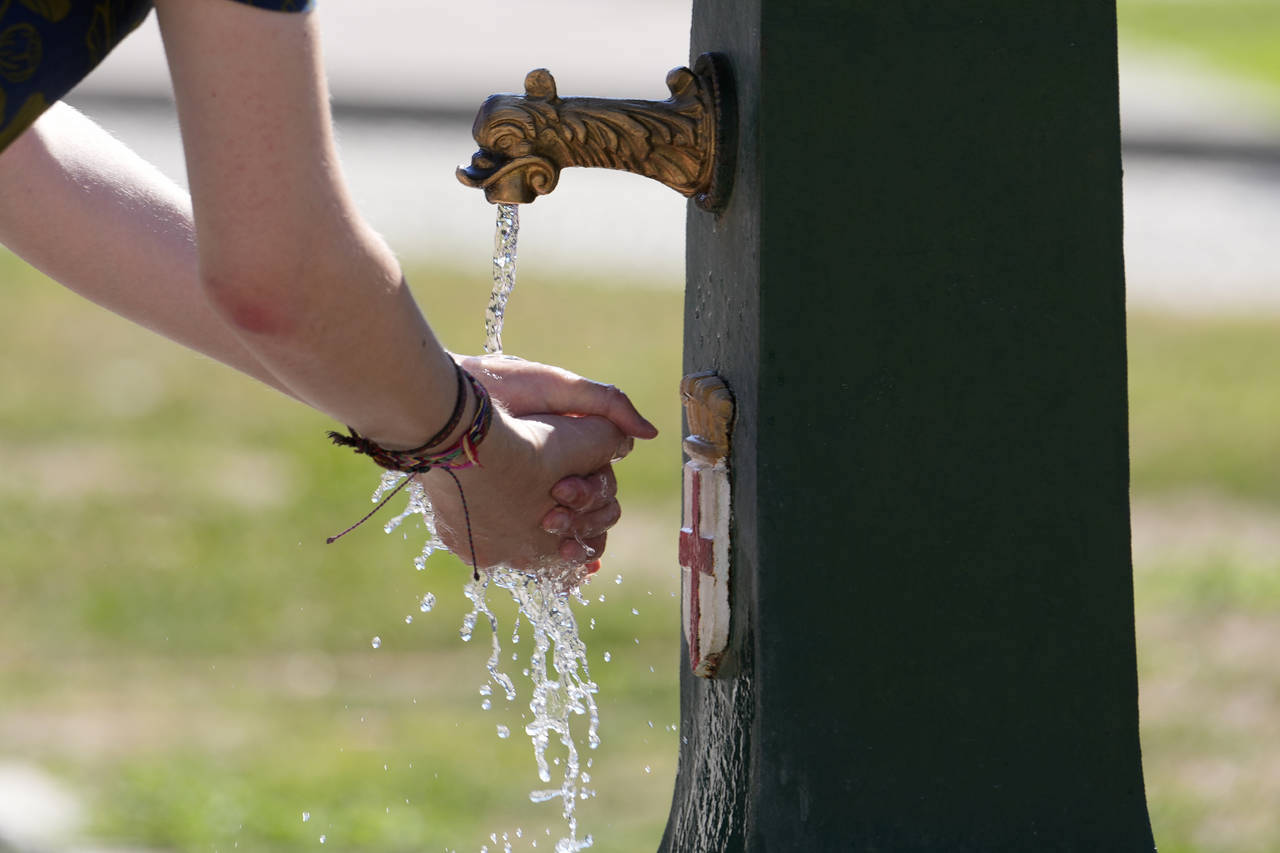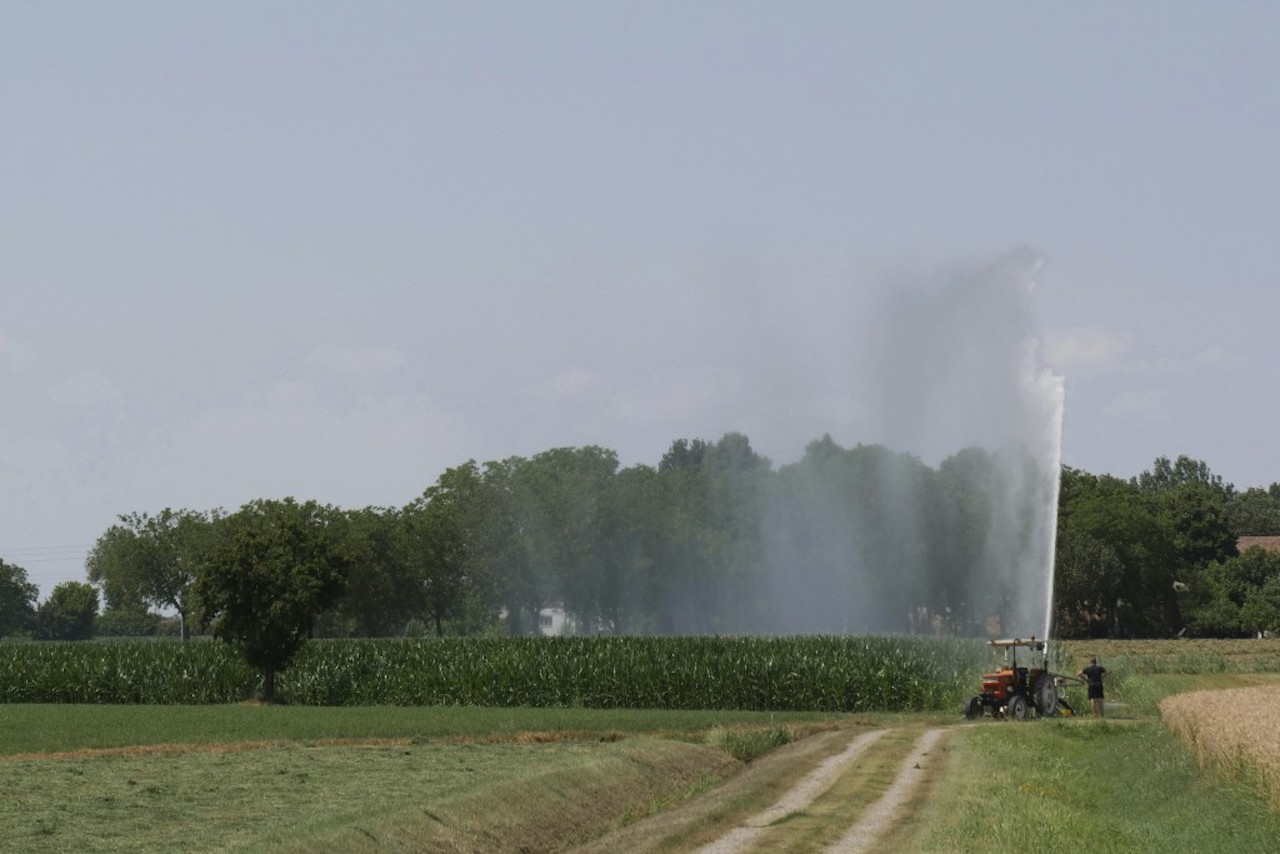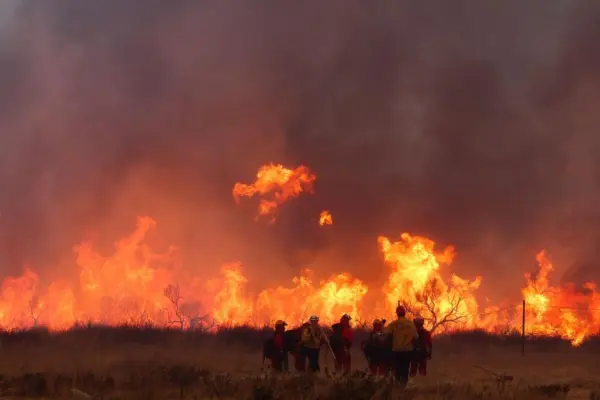Milan Turns off Fountains Amid the Worst Drought in Seven Decades
Milan residents are ordered to reduce their water usage as much as possible to curb the severe drought situation

Image: Independent
The Italian city of Milan is turning off public fountains after the orders from mayor Giuseppe Sala as northern Italy is facing the most severe drought in 70 years. This order came out soon after the Lombardia region declared a state emergency due to the consistent water crisis.
Over the coming days, the city will switch off around half of its nearly 100 public fountains. The sprinklers will remain closed everywhere, except the ones that preserve new-growth trees amid warnings of water rationing.
Moreover, Milan residents are urged to reduce their water consumption at home. Both residents and business owners have been asked to keep their AC temperatures below 26 degrees Celsius for saving energy because some parts of the city faced a power outage last week. This was due to a surge in the air conditioners’ usage due to soaring temperatures.

Image: KTAR News
Lately, Italy is facing an intense prolonged heatwave. The temperature in some regions of the country even exceeded over 40 degrees Celsius. Due to this, drought-hit hard in the northern regions, where the Po River (the longest waterway in Italy) has almost dried up. This damaged everything from hydroelectric plants to agriculture and even drinking water suppliers.
According to Fabrizio Curcio, head of Italyʼs civil defense department, the water level in Po is 80 percent lesser than usual and even rainfall was 40-50 percent lower compared to the average in the past few years. Plus, snowfall has even dropped by 70 percent.

Image: Taiwan News
Speaking on the drought condition, Attilio Fontana, president of Lombardy, mentioned that the drought has exacerbated. Even the Coldiretti Farmersʼ Association is worried about the impact of the drought in the Po River Valley. For instance, its adverse effect on agriculture is estimated to be over € 3 billion. Besides that, drought has spread to the Tiber and Aniena in Lazio and the Arno River in Tuscany.
So, other regions are also expected to face a state of emergency. Therefore, the government needs to take appropriate measures to fight drought. Some of the measures include water rationing in the daytime in certain areas. Nightly water restrictions are already working in various northern cities.
Via: Independent


